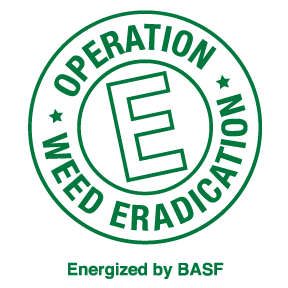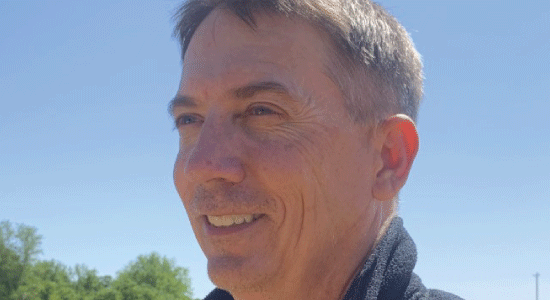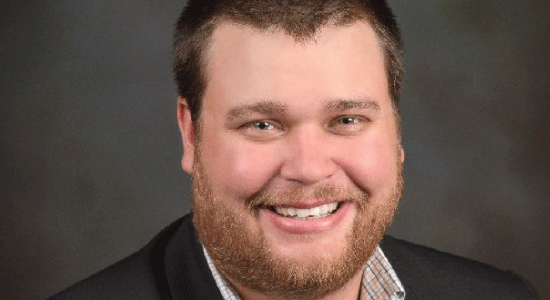Leveraging Localized Research and Insights to Drive Results
Beating resistant pigweed means using the best tools and practices possible for your operation. Our university advisors are at the forefront of weed control research in their respective geographies and play a key role in advising and guiding the focus areas for our coalition. They also share insights and relevant holistic practices delivering results so that our farmers can assess and incorporate into their weed control approach.



